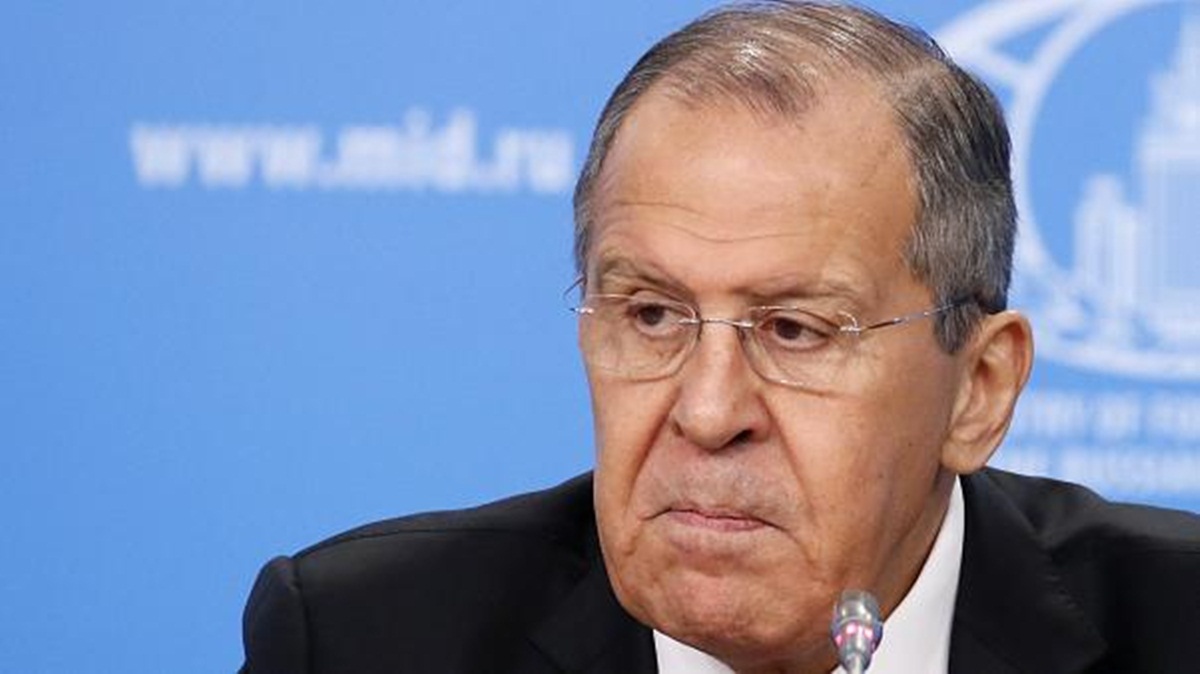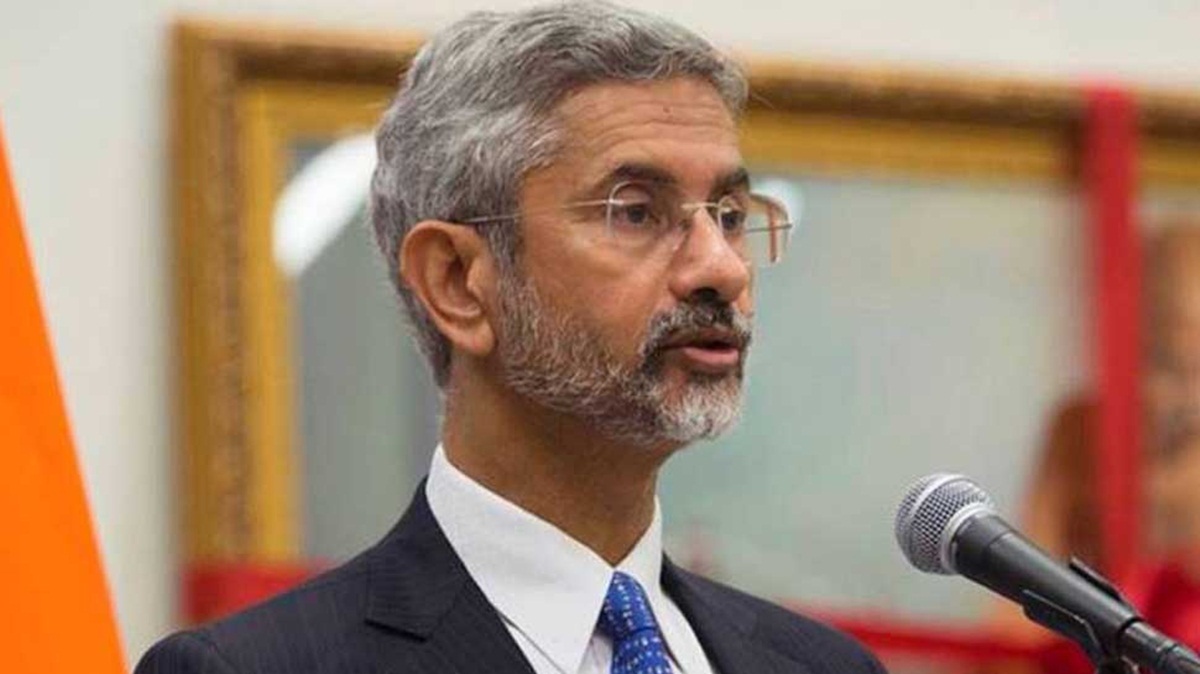Amid the ongoing Jammu and Kashmir Assembly elections, a fresh controversy has emerged with Pakistan’s Defence Minister Khawaja Asif making provocative statements about Indian political dynamics. In a recent interview with Geo News, Asif claimed that both the Pakistani government and the Congress-National Conference (NC) alliance share common ground on the issue of restoring Article 370 in Jammu and Kashmir.
Asif’s remarks came shortly after the completion of the first phase of the Assembly elections, where voters in 24 constituencies went to the polls. According to initial reports, the voter turnout was approximately 59%, with Kishtwar recording the highest turnout of 77%, and Pulwama the lowest at 46%.
In his interview, Asif suggested that the Congress-NC alliance, given their significant presence in the Valley, might be poised to secure a substantial number of votes in the ongoing elections. “The Congress and National Conference have a strong presence in the Valley, and there is a high likelihood that the people of Jammu & Kashmir will vote them into power,” Asif stated.
The timing and content of Asif’s comments have sparked sharp reactions in India. Many view the statements as an attempt by Pakistan to interfere in India’s internal electoral processes and undermine the credibility of the democratic exercise in Jammu and Kashmir.
In response to the comments, Indian officials and political leaders have condemned the interference. They assert that such statements are a direct violation of India’s sovereignty and an attempt to influence the democratic process in Jammu and Kashmir.
The first phase of the J&K Assembly elections concluded peacefully, with no major incidents reported, according to J&K Chief Electoral Officer PK Pole. The second phase of voting is scheduled for September 25, with the third and final phase to be held on October 1. The results are expected to be announced on October 8.
As the electoral process continues, the focus remains on ensuring a free and fair election, amidst the backdrop of external provocations and internal political maneuvering.






